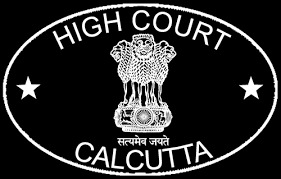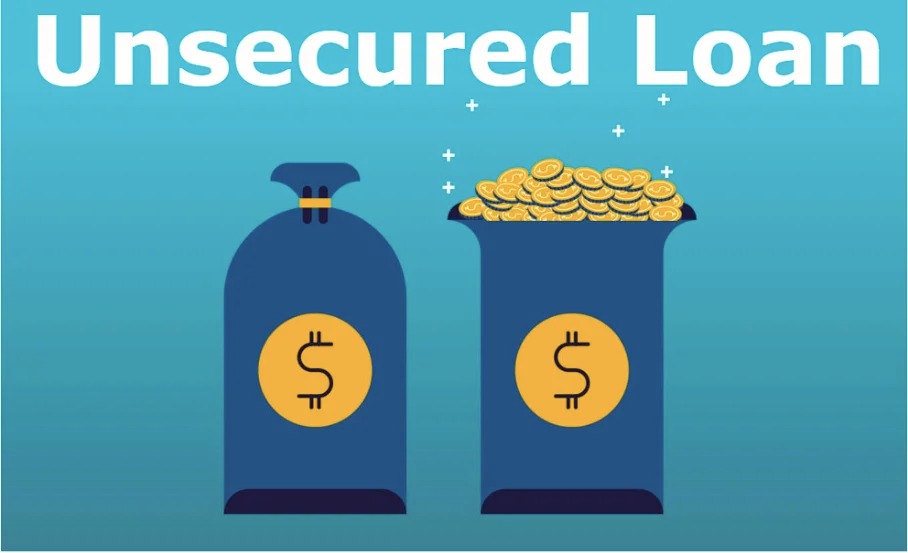V.R. Newaskar, J.
This second appeal arises out of a suit for money and involves the question regarding limitation and particularly the effect of mentioning the debt sued upon in the petition to the Debt Conciliation Board by the debtor for conciliation of his debts under the Indore Debt Concilia Son Act.
The facts giving rise to the present appeal in so far as they are necessary for the consideration of this question are as follows :
On Savan Badi I Samvat Year 1995 a balance of Rs. 392-3-9 was struck in the Khata of the defendant with the plaintiff. The defendant acknowledged this sum as due from him and agreed to repay it by 14 instalments of Rs. 24/- each falling due on Pous Sudi 15 and Vaisakh Sudi 15 of each year after the execution of the Khata and two instalments of Rs. 28 and Rs. 28-3-9 falling due on Pous Sudi 15 S.Y. 2002 and Jeth Sudi 15 S.Y. 2003 respectively. In default of payment of instalments agreed upon interest at Rs. 1-8-0 per cent per mensem was to be paid. The defendant is said to have paid various sums of money aggregating Rs. 136/- in Samvat Year 1995 to 1998. On Assd Badi 1 S. Y. 1997 the defendant is said to have acknowledged title sum of Rs. 376-7-0 due in respect of a separate Khata.
The suit was filed on 5-8-1950. The defendant had submitted a petition, it is said, to the Debt Conciliation Board and had mentioned the debt in question therein. The proceedings before the Board remained pending from 18-2-1942 upto 1-10-1947 when the Board was abolished. This period was sought to be excluded while computing limitation.
The defendant denied the entire claim including plaintiff''s allegations as to acknowledgment and payments.
The trial Court held the execution of the Khatas of the year 1995 and 1997 proved. It however held the claim to be barred by time as the plaintiff was held entitled to claim the deduction of the period from 18-2-1942 to 8-7-1947 and the suit was filed on 5-8-1950.
On appeal the learned District Judge held that the plaintiff was entitled to deduct the period upto 1-10-1947 instead of upto 8-7-1947. He also held the claim in respect of the instalments falling due on Jeth Sudi 15 S.Y. 1998 and amounting to Rs. 224-3-9 to be within time as there was no default clause in the instalment-bond of S. Y. 1995. He accordingly granted a decree for Rs. 317/- inclusive of past interest. He also awarded future interest on Rs. 224-3-9 at sis per cent per annum.
In this second appeal against that decision Mr. Waghmare for the plaintiff-appellant contended that the learned Judge was in error in holding the claim to instalments falling due prior to Jeth Sudi 15 S. Y. 1998 equivalent to 2-1-1942 in respect of the Khata bond of S. Y. 1995 as also the claim in respect of Khata of S. Y. 1997 to be barred by time. It was urged that there was acknowledgment of the debt on 18-2-1942 when the defendant submitted a petition to the Debt Conciliation Board and as the period from 18-2-1942 upto 1-10-1947 is deemed to be suspended the claim made on 5-8-1950 in respect of the fresh cause of action which arose on 18-2-1942 is within time.
It is no doubt true that in case the application to the Debt Conciliation Board dated 18-2-1942 is taken to constitute an ackonwledgment of the debt in question including both the transactions of S. Y. 1995 and 1997 then the suit filed on 5-8-1950 is within limitation as the Board was abolished on 1-10-1947 as found by the learned District Judge.
The only question then which deserves consideration is whether tbe statement in Ex. P/7 the application dated 18-2-1942 before the Debt Conciliation Board Manasa constitutes sufficient acknowledgment so as to give rise to a fresh cause of action ?
Now in this case the defendant in his application before the Board does not make a definite admission of his liability whether express or implied. He asserts definitely and without doubt that he is factually not liable at all but in case the Conciliation Board on scrutiny of accounts holds that anything was due it should be made payable by instalments. Can this be called an acknowledgment within the meaning of Section 19? The learned counsel for the appellant relies upon the decision reported in Bhalchandra Rao v. Brijlal AIR 1946 Nag 344. But in that case the judgment-debtor had admitted his liability regarding the decretal debt in his application to the Debt Conciliation Board appointed under the C. P. and Berar Debt Conciliation Act.
The learned Counsel for the appellant also relied upon the decision reported in
If in those circumstances it falls within the natural meaning of the word then it falls u/s 19 of the Limitation Act. Circumstances in that case were that there was a clear balance in favour of the plaintiff on the basis of mutual and current account coupled with a written statement in the probate proceedings signed and filed by the defendant admitting the existence of unsettled account between him and the deceased predecessor in interest of the plaintiff coupled with the circumstance that there had been no fresh dealings subsequent to his death.
The statement in this context was accepted to be an acknowledgment. In the present case there is a clear assertion that nothing is due. Further offer for scrutiny by the Board and conciliation if anything is found due cannot in the circumstances constitute sufficient acknowledgment when there is clear assertion that the original debt was contracted about 20 years back and there had been payments made in the past and the amount due is a result of calculation of compound interest. The instalment bond itself contains a term of interest in case of default at 18 per cent per annum.
Having regard to these facts I am not prepared to hold that there was a conditional acknowledgment where the condition is fulfilled. There is in this case a clear denial of liability with an offer of conciliation if the Board held that something was due. On the abolition of the Board even that possibility of fulfilling the condition fell through and whatever efficacy there might have been to the document Ex. P/7, about which I feel doubt, ceased to have any force.
The learned counsel also referred to the decision in Diwanni Widyawati v. Ramji Das and Co.AIR 1939 Lah 216, which is based on the aforesaid decision of the Privy Council and is distinguishable.
The case somewhat near the case in question is the one reported in
But even with that if there is a clear denial of liability it is difficult to call it a sufficient acknowledgment in the entire context of things. Acknowledgment valid and proper imports promise to pay what was acknowledged. When there is a clear denial of liability it is difficult to import willing promise to pay. Further, in my opinion, in the case of document containing equivocation the dominant intention of the writer is to be seen.
I am therefore of the opinion that in view of what was stated in the application it cannot be called an acknowledgment.
The defendant has filed cross-objection in respect of the claim decreed.
I would therefore dismiss the appeal, allow the cross-objection and dismiss the plaintiff''s suit in its entirety with costs throughout.

